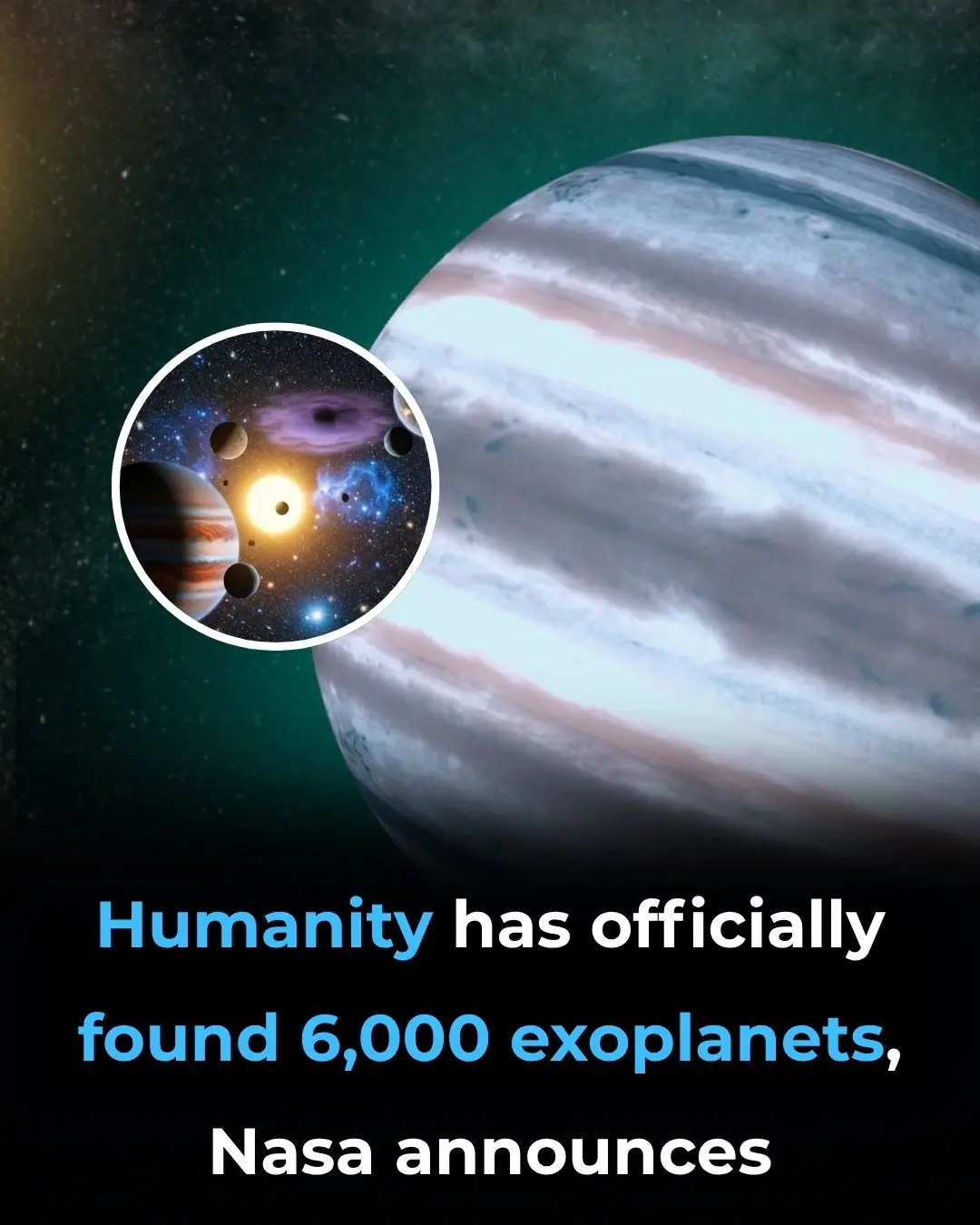
Beluga Whale Imitates Human Speech in Eerie Recording
I May Never See Whales the Same Way Again…
A Shocking Underwater Encounter
We often assume that animals, while intelligent, cannot communicate in ways that mirror human speech. Parrots are famous exceptions, able to mimic words and even entire sentences with uncanny accuracy. Dolphins, too, can be trained to reproduce certain sounds.
But imagine this: you’re underwater, surrounded by silence, when suddenly a whale begins producing noises that sound eerily like a human voice. That unsettling reality unfolded with NOC, a nine-year-old beluga whale who stunned researchers by mimicking human speech patterns—without ever being trained to do so.
NOC’s strange, low-octave bursts of sound were unlike anything scientists had previously recorded. The most shocking moment came when a diver at the National Marine Mammal Foundation in California suddenly surfaced, visibly shaken, and asked his colleagues:
“Who told me to get out?”
The team was stunned. No human had spoken those words—it was the beluga whale.
A Discovery That Redefines Whale Communication
Until NOC, no marine animal had been observed spontaneously mimicking human speech in such a clear and intentional way.
In 2012, researchers released recordings that captured the beluga’s chilling imitation. The sounds were slowed down and analyzed, confirming that they were not random noises but patterned attempts to replicate human speech rhythms. Scientists believe NOC may have been imitating the voices he regularly heard around the research facility.
Fast forward to today, and these resurfaced recordings are once again circulating online, sparking fascination, awe, and—most commonly—unease. What was once viewed as a curious scientific finding has now taken on a creepier tone, as listeners describe the whale’s vocalizations as something straight out of a horror film.
The Internet Reacts
When ABC News covered the discovery, anchors described the beluga as “cute” and “friendly.” But the online response tells a very different story.
-
One YouTube commenter joked: “Pulls up the bloody terrifying beluga whale picture basically saying ‘I will consume your soul.’”
-
Another wrote: “The thumbnail literally made my SOUL jump out of my body for a second.”
-
A third poked fun at the irony: “I laughed so hard when she said, ‘He looks kinda friendly,’ right as that terrifying picture came up.”
-
Others tried to rationalize it, suggesting that NOC was simply doing what whales do best—listening and imitating the sounds around them.
Still, for many viewers, the whale’s ghostly voice was far more chilling than charming.
What This Means for Whale Intelligence
NOC’s vocal experiment was more than just a viral oddity. It raised profound questions about whale intelligence, their capacity for mimicry, and whether belugas might use sound in ways far more complex than previously thought.
Whales are already known for their sophisticated communication—intricate songs, regional dialects, and coordinated calls used for navigation and hunting. The fact that a beluga could bridge the gap toward human-like speech suggests that their learning abilities and social adaptability may be much deeper than science has yet uncovered.
Some researchers even speculate that NOC may have been attempting to bond with humans by “speaking their language,” showing an awareness of his environment and the creatures within it.
Final Thought
Whether you find NOC’s imitation fascinating or frightening, one thing is undeniable: it has forever changed how we view whales. What once seemed like distant, mysterious giants of the ocean are now revealed to have abilities uncomfortably close to our own.
The next time you see a beluga’s smiling face, you might wonder—what if it’s not just singing? What if it’s trying to talk?
News in the same category


There’s A 90% Chance of Black Hole Explosion in the Next Decade, Scientists Say
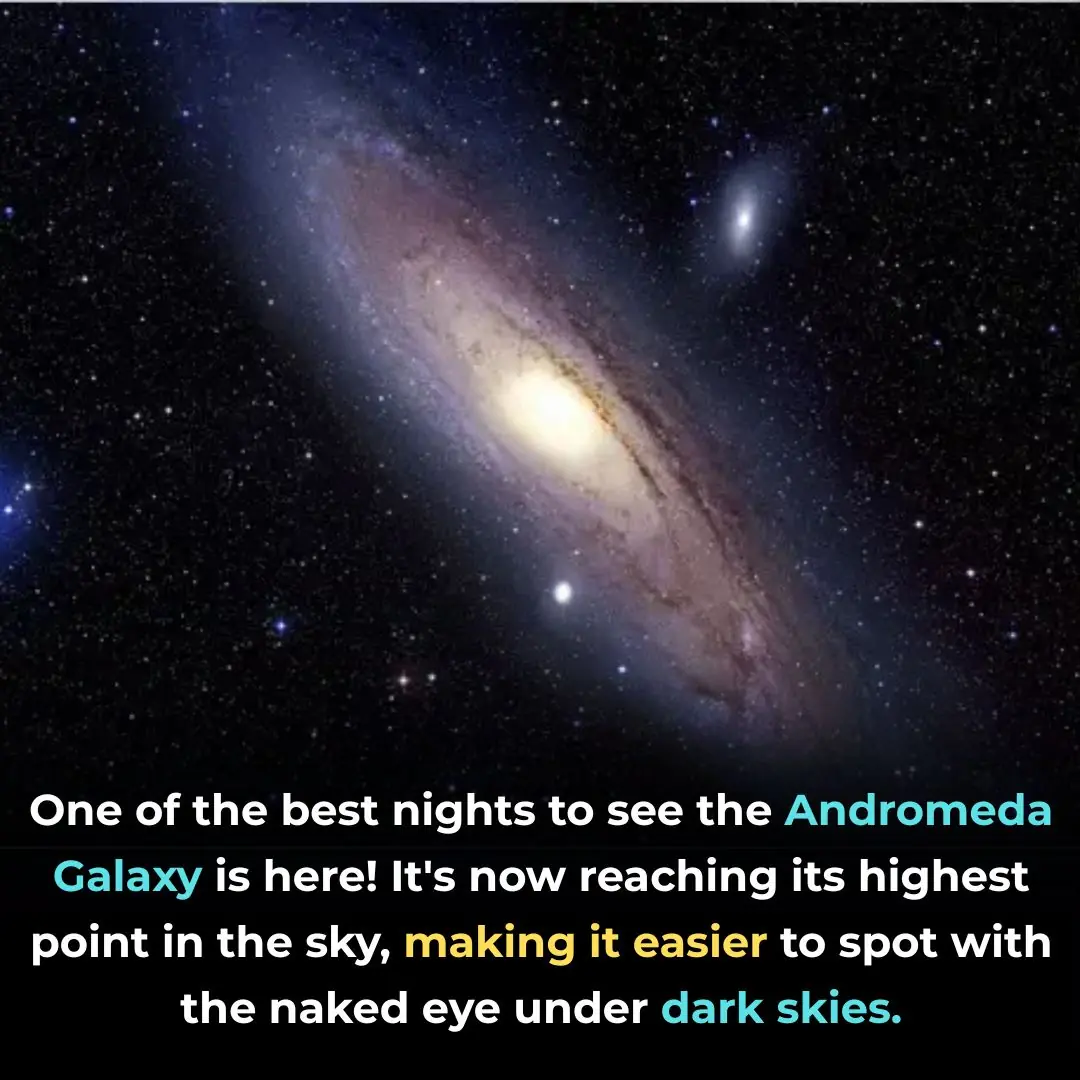
Prime views of the Andromeda Galaxy and Ceres—October 2
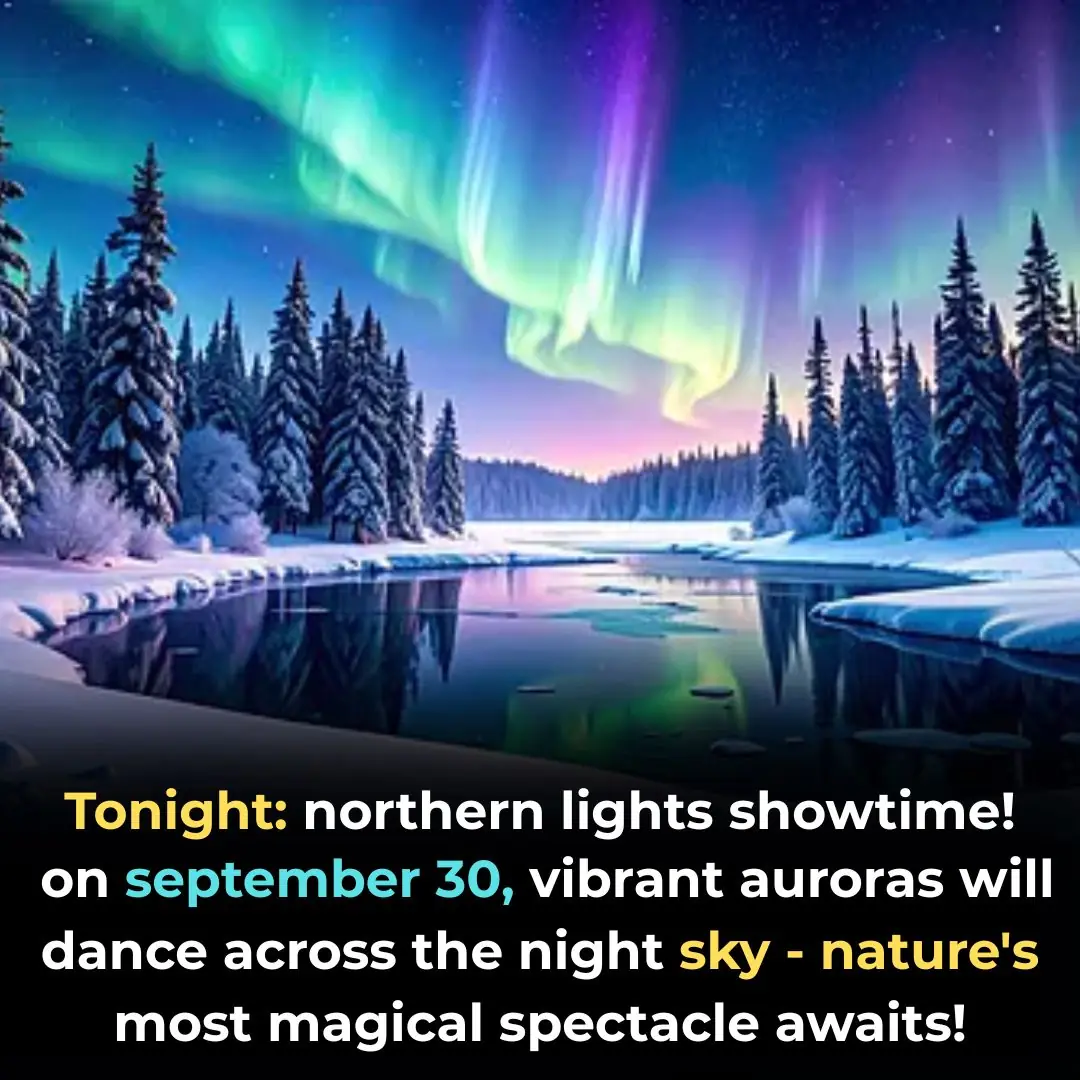
Northern Lights Could Be Seen in Northern U.S. — Sept 30 – Oct 1, 2025
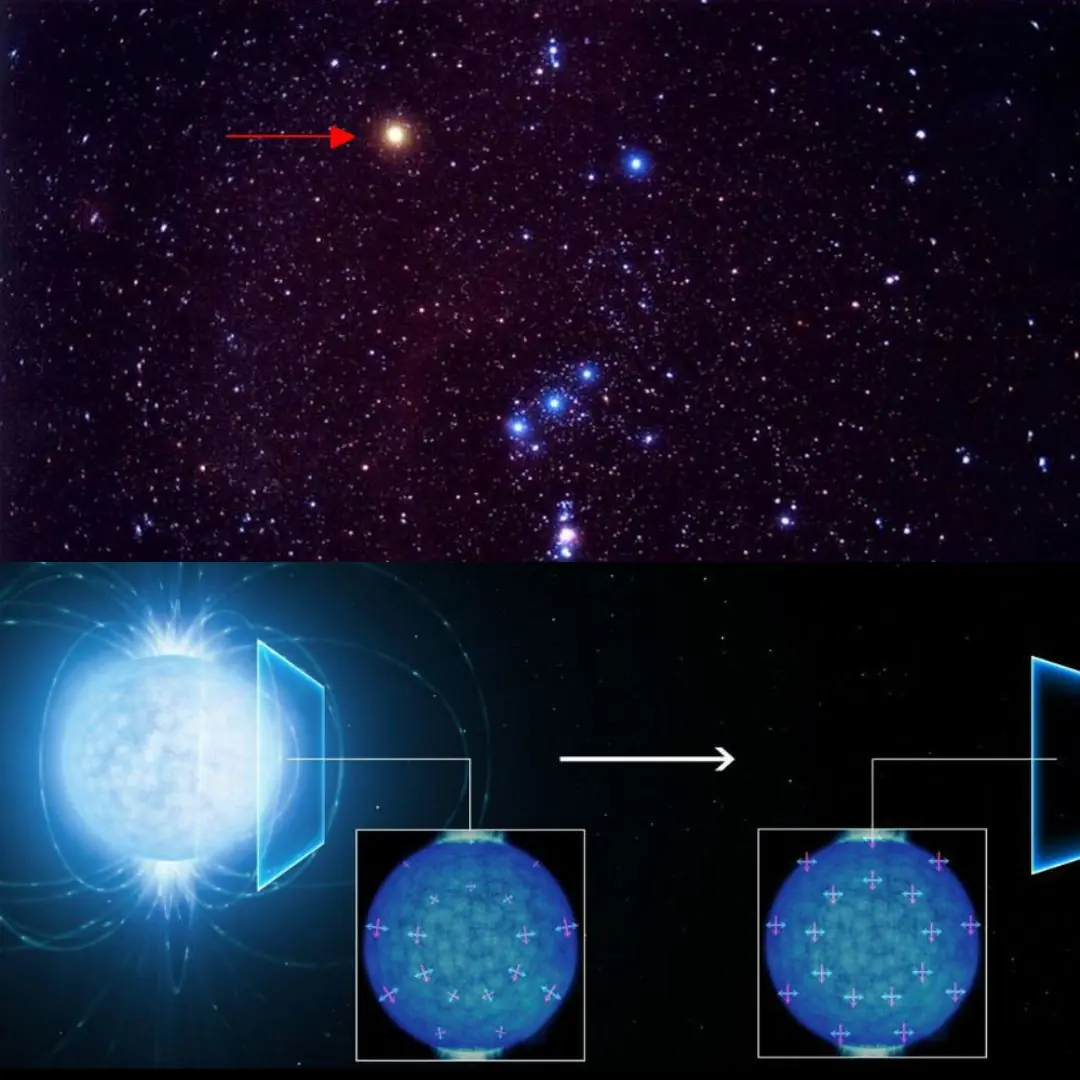
Alnitak, Alnilam, and Mintaka: Orion’s Belt Stars Thousands of Light-Years Away

Humanity Preserved: A 5D Crystal Holds 360 TB of Our Genome to Outlast Civilization

Researchers make groundbreaking discovery about ChatGPT after testing it with 2,400 year-old math problem

Why this city has introduced a screen time limit of 2 hours per day

The Truth Behind the Bermuda Triangle May Be Scarier Than UFOs
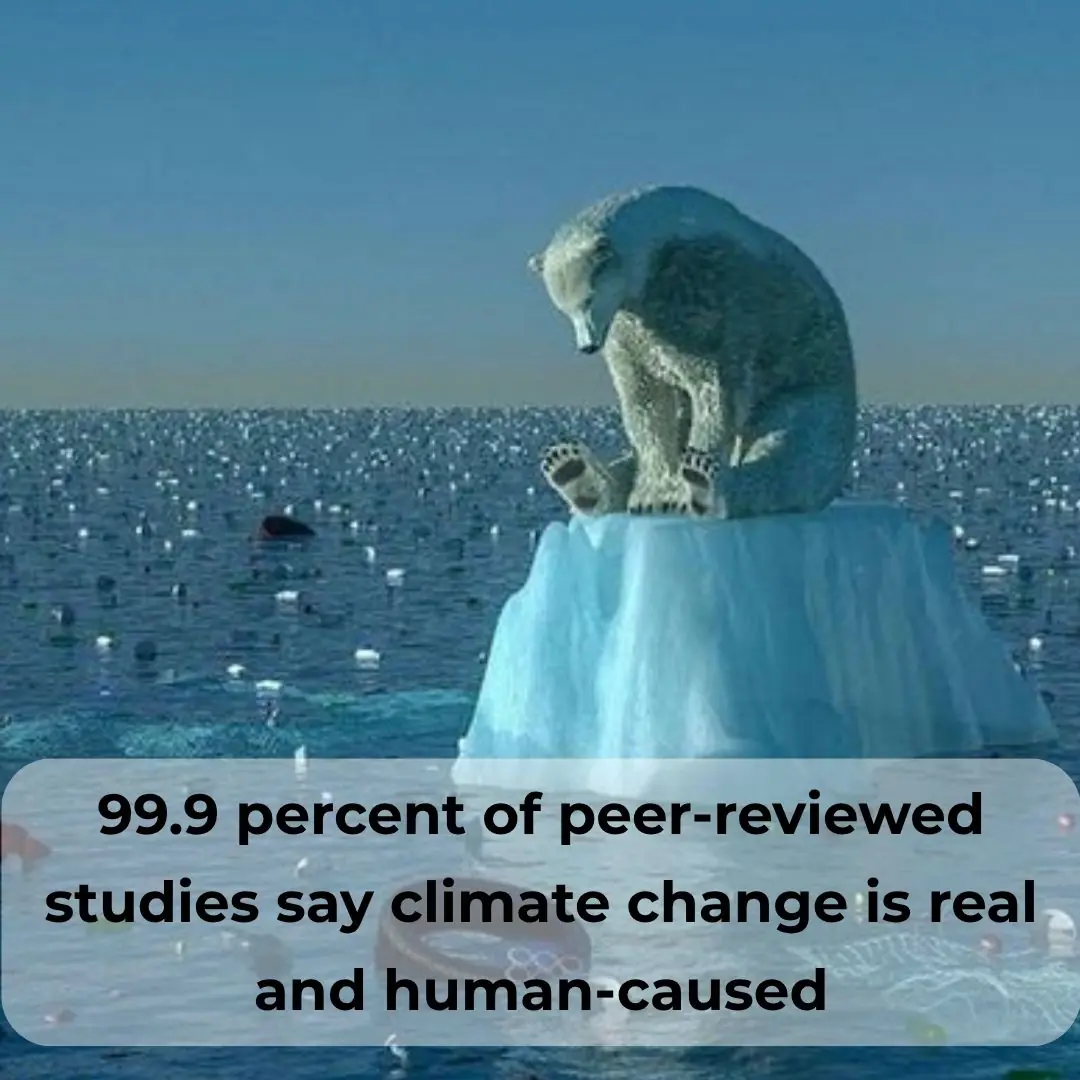
Over 99% of peer-reviewed studies confirm climate change is real and driven by humans

Passenger lands in hospital after humiliating TSA spat over stubborn jewelry

A Man Knocked Down His Basement Wall, Discovering Ancient Underground City That Housed 20,000 People
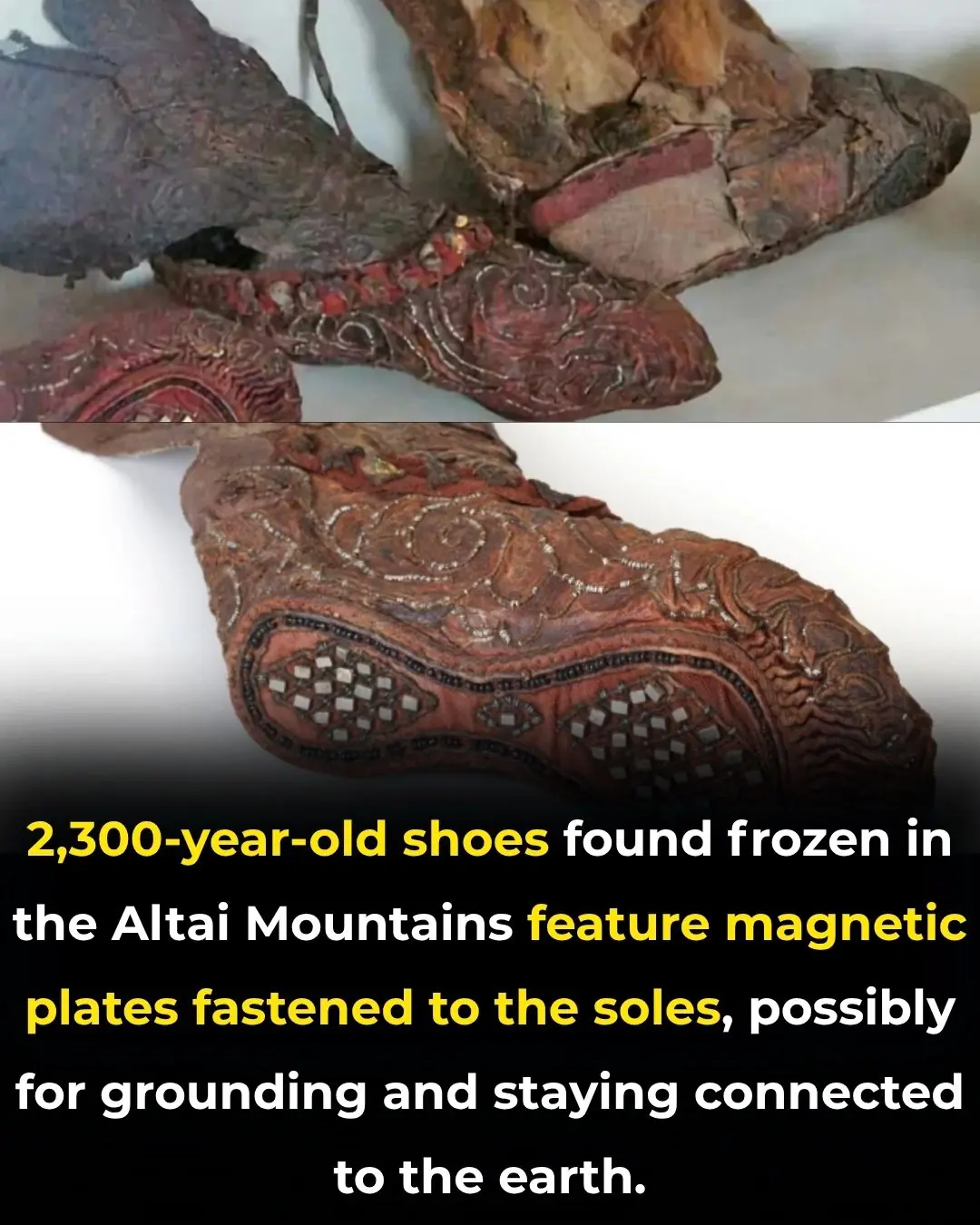
Magnificent 2300-Year-Old Scythian Woman’s Boot: A Timeless Fashion Statement

Mind-Blowing Cloud Formations You Probably Haven’t Seen Before

On the southern edge of the world, a waterfall runs red as blood
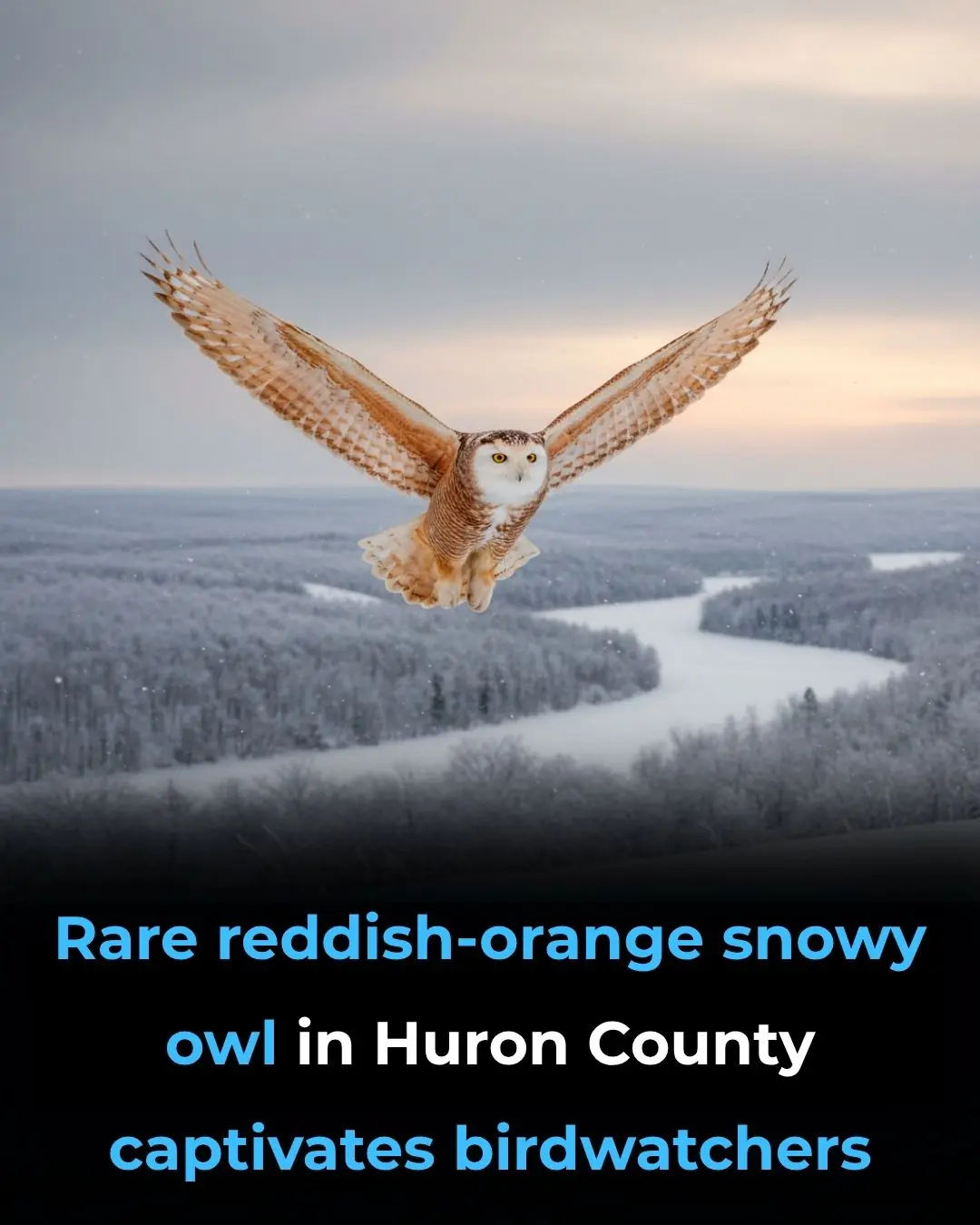
Rare reddish-orange snowy owl in Huron County captivates birdwatchers

Wildlife Crossings: A Vital Solution for Highway Safety and Biodiversity Conservation

Photographs reveal first glimpse of uncontacted Amazon community

Floating Gardens on Parking Lot Roofs: Japan’s Green Revolution
News Post

Aloe Vera and Cinnamon Remedy: Natural Benefits for Eye Health, Immunity, and Healing

12 Powerful Benefits of Moringa Seeds

Goldenberries (Physalis peruviana): A Nutrient-Packed Powerhouse for Health and Vision

Oregano: The Golden Herb for Eye Health

Some of the Benefits of Castor Leaves and the Seed

10 Benefits and uses of purslane

Chanca Piedra (Stonebreaker): Benefits and Uses

Do you need to unplug the rice cooker after the rice is cooked: The surprising answer November 27, 2024

7 Benefits Of Papaya Seeds & How To Consume Them Correctly

Bougainvillea likes to 'eat' this the most, bury it at the base once and the flowers will bloom all over the branches

The elders say: "If you put these 3 things on top of the refrigerator, no matter how much wealth you have, it will all be gone." What are these 3 things?

Can rice left in a rice cooker overnight be eaten? Many people are surprised to know the answer.

After boiling the chicken, do not take it out immediately onto a plate. Do one more thing to make sure the chicken is crispy, the meat is firm, and the skin does not fall apart when cut.

Cut this fruit into small pieces and put it in the pot to boil the duck: The bad smell is gone, the meat is fragrant, soft and flavorful.

Warts on Hands: Causes and Effective Natural Treatments

Medicinal Health Benefits of Turmeric, Curcumin and Turmeric Tea Based on Science

4 ways to preserve green onions for a whole month without spoiling, fresh as new

The best way to lower blood pressure fast!

9 Habits You Need To Adopt Today To Stop Alzheimer’s or Dementia Before It Starts
